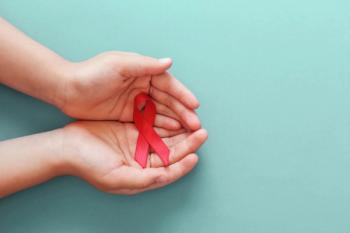
WHO declares monkeypox a global health emergency
The decision comes following reports of 16,000 cases across 75 countries and territories around the world.
As of July 23, the World Health Organization (WHO) has declared monkeypox a global health emergency, as the virus has now been identified in 75 countries around the world.
In a press conference,1 WHO Director-General Tedros Adhanom Ghebreyesus announced the update, adding that the outbreak has evolved since the International Health Relations Emergency Committee met last month, with cases having increased from 3040 cases in 47 countries to 16,000 cases in 75 countries and territories, as well as 5 deaths.
“WHO’s assessment is that the risk of monkeypox is moderate globally and in all regions, except in the European region where we assess the risk as high,” Ghebreyesus said. “There is also a clear risk of further international spread, although the risk of interference with international traffic remains low for the moment.”
“In short, we have an outbreak that has spread around the world rapidly, through new modes of transmission, about which we understand too little, and which meets the criteria in the International Health Regulations,” he continued. “For all of these reasons, I have decided that the global monkeypox outbreak represents a public health emergency of international concern.”
The last declared public health emergency of international concern was, of course, the COVID-19 pandemic, declared on January 30, 2022.2
Reference
- WHO Director-General’s statement at the press conference following IHR Emergency Committee regarding the multi-country outbreak of monkeypox—23 July 2022. WHO. News release. July 23, 2022. Accessed July 23, 2022.
https://www.who.int/director-general/speeches/detail/who-director-general-s-statement-on-the-press-conference-following-IHR-emergency-committee-regarding-the-multi--country-outbreak-of-monkeypox--23-july-2022 - COVID-19 public health emergency of international concern (PHEIC) global research and innovation forum. WHO. Published February 12, 2020. Accessed July 23, 2022.
https://www.who.int/publications/m/item/covid-19-public-health-emergency-of-international-concern-(pheic)-global-research-and-innovation-forum
Newsletter
Access practical, evidence-based guidance to support better care for our youngest patients. Join our email list for the latest clinical updates.






